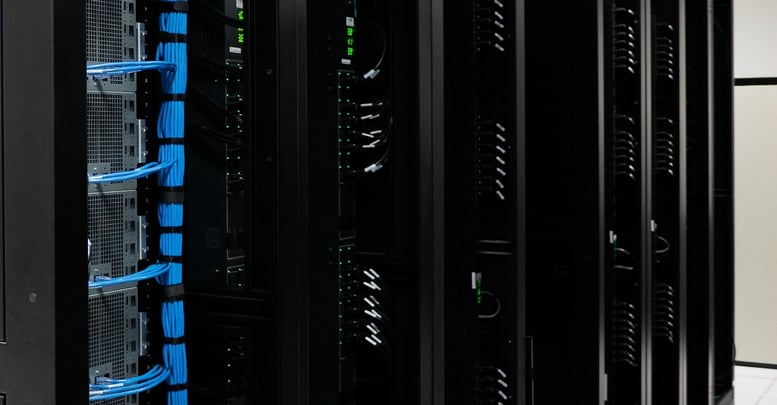Blog
6 Questions You Should Ask About Cybersecurity for Medical Practices

Cybersecurity for medical practices is serious business. Granted, every business needs to take cybersecurity seriously. Cybercrime has been on the rise for a while and shows no signs of slowing down. For hospitals and other medical facilities, that's a terrifying reality. Healthcare organizations are subject to HIPAA and are tasked with keeping ultra private information secure. They're prime targets for cybercriminals looking to leverage the sensitive nature of the data against organizations. If you're a part of or you lead a medical practice, you need to keep cybersecurity in mind. Ask yourself the six questions below to help you vet your current cybersecurity solution:
1. How is our medical data stored today?
If the answer makes you uneasy, that's a red flag. Medical data needs to be stored securely at all times. More than that, you should have a contingency plan for a data disaster and a contingency plan for your contingency plan. Leave nothing to chance. Know where things are stored in hard copies, know how secure your cloud solution is, and know where your vulnerabilities are.
2. Who has access to our network?
Limiting network access is a smart way to minimize the chances that those credentials leak. People are mistake prone and the more people that have access to sensitive data, the more vulnerable that data becomes. Consider restricting access and evaluate who truly needs to see what and when. Pay special attention to encryption and the security of your WiFi network. Make clear when and where sensitive data is allowed to be accessed.
3. Are are passwords strong enough?
The odds on favorite answer to this question is: not a chance. People, being people, choose passwords that are easy to remember. Unfortunately, when passwords are easy to remember, they're often easy to guess. Make sure that you're using a complex password generator, a password vault, and multi-factor authentication. Leaving easy-to-guess passwords as the first line of defense between your network and a cybercriminal is a bad move.
4. What happens if disaster hits?
As mentioned in the first item, your organization needs to have a Disaster Recovery plan. If data becomes damaged or stolen or another disaster hits, you need to know that it's salvageable. Medical data is critically important. Losing it is not an option. If you don't have an established Disaster Recovery plan in place, start building one as soon as possible.
5. Is my team prepared to stop cybercrime?
Does your team have access to Security Awareness training or a Security Awareness program? If not, that answer is likely 'no.' Cybercriminals rely on the trusting nature of people to trick them into giving up access and data. They also count on people making mistakes when browsing: downloading suspicious files, clicking unsafe links, and falling for bogus websites. Train your team to watch out for social engineering attacks and to practice safe browsing.
6. Who's watching out for suspicious activity?
How is activity on your network monitored? Do you know how to track who has access and when people are active in your system? Medical data is too vital and healthcare is too important to leave those things to chance. Make sure that you have a system in place to spot suspicious activity and act on it swiftly.
Are you satisfied with the answers to the above questions? If not, consider a different cybersecurity solution than the one you have in place today. Your organization needs to keep its data protected. There are healthcare IT experts available who can help.


Leave a Reply